Description
FAF is Fazenda Ambiental Fortaleza. One of the best Brazilian coffee farms on the block (at least in our opinion). They are the family that process and runs the Bob O Link Co-op, which many of us love and have been waiting for this season.
I had the joy of staying with them back in 2017 on my first trip to Brazil and am happy to vouch for the sustainability and quality of the operation. They are leading the way in boutique Brazilian coffee and getting better every season! This is not your average Brazil by any means. From processing, quality of screen, tastes and sustainability of their farming practices, these beans go way above 99% of Brazilian coffee production.
These three lots are basically very fancy Bob-O-Link coffee. Higher cup scores than generic Bob-O-Link coffees, more diversity in flavor, more traceable, and fresh as can be. Instead of being a larger production blend of co-op members, these are fancier top lots from single farms, or multi-family lots.
Tasting Notes: A beautiful single-origin drinking Brazil. Clean, rich and balanced; this is a cup we are happy to drink all day long! This is the most traditional lot of the three, a bit more neutral tasting but just as clean and tasty. Hints of lemony acidity at the lighter roasts, good body with more traditional Brazilian nuttiness in the cup. Turns a bit more chocolaty and smooth as one pushes the roast into the medium to dark roast level. A nice sweet edge to the cup regardless of roast level. Still has some fruitiness in the cup, also some cool spice notes, but mild comparatively to the other two offerings.
Roasting Notes: Easy to roast, a little chaff heavy. Roasts just slightly two toned. If shooting for those wonderful light roasts, make sure everything is a little through first crack. A longer setup is not necessary, these beans present nicely even 12 hours later. After 4-5 days, loses a bit of floral/fruity factors but the cup will be richer and smoother.
Grower
Sítio Boa Vista & Sítio Joaninha
Variety
Red catauí and caturra
Region
Cerro do Cigano, Caconde, São Paulo state, Brazil
The Mogiana region of Brazil is a small designation of coffee origin along the border between São Paulo and Minas Gerais states. The region has a long history of agriculture, mining and in more recently, cash-cropping. Waves of European settlers aggressively transformed large portions of Brazil’s inland savannah over many generations of colonial development, beginning with sugar cane and then quickly favoring coffee as consumption grew across the global north.
São Paulo state includes some of Brazil’s oldest coffee history, with one of the country’s first rail-to-port transportation pipelines serving the state’s main coffee port of Santos—whose title would be the namesake grade of commercial coffee from Brazil for many years. Once a slave plantation economy, Brazil’s coffee production underwent cycles of booms and busts with a bad reputation for quality among consumers during its industrialization period. In the past 30 years, however, Brazil has made clear to the global coffee industry that its history has led to what is now easily the planet’s most modern coffee farming culture, with world-class agronomic research and post-harvest technology that accommodates huge scale, as well as exemplary farmworker labor protections and high minimum wages for pickers.
Despite the default impression of Brazil as being dominated by large, mechanized farms, still about half of the country’s coffee farmers are small, family-managed operations who process at home and sell to local growers’ organizations to earn their living. Smaller farms tend to be clustered in the more difficult landscapes for coffee efficiency—the ones that are steep and forested, difficult to access, or at higher elevations where the climate is more challenging for coffee to thrive. FAF Coffees is a specialty exporter in Brazil founded by the Croce family. During their years spent struggling to revive the soils of their own family farm in the Mogiana region, the Croces connected with like-minded growers struggling as well to make farming viable for the next generation, with a strong focus on their immediate ecosystems—the watersheds and canopies that made the land worth living on—as well as quality, as means to economic independence and self-esteem. Over the years the Croce’s network of farmers grew. FAF now exports coffee on behalf of 150 small and sustainable farms throughout the Mogiana region, and increasingly, other pockets of entrepreneurial small growers dedicated to the same combination of cup quality, environmental health, and community strength, exuberantly referred to in the FAF network as “total quality”.
This particular lot is a micro-blend of 2 farms located in the community of Cerra do Cigano, or “Gypsy Hill”, in the municipality of Caconde, a rolling, mountainous area with steep slopes and abundant natural springs, populated mostly by legacy family homesteads. Sítio Boa Vista is one of the very first farms to join the Croce family in their mission to transform their land, when very few buyers in the world expected specialty coffee from Brazil. The farm is 17 hectares and entirely hand-harvested. It is managed by Gertrudes and her husband Celso, and their son Denner, and includes extended family members to manage the harvest. The second farm, Sítio Joaninha, is run by Valdir José Ferreira, whose grandparents first moved to Caconde 35 years ago. After spending holidays on the farm and learning the lifestyle, he moved to the region himself and established Joaninha, a 7-hectare estate, which is now home to Valdir, his wife Daniela, their two children, and Valdir’s parents, all of whom help run the farm. “Joaninha” translates to “ladybug”, named after his mother’s experience of watching agro-chemicals destroy the once thriving ladybug population on the farms, killing off the land’s natural pest control—the family’s mission is to farm regeneratively and bring the ladybugs back. Both farms utilize raised beds for drying naturals, which are constantly rotated and sorted by the families during the drying. Boa Vista and Joaninha have become evangelists within FAF’s network and synonymous with the effort to revive small coffee farms and create a new market for the “other” Brazil: the harder-to-access family plots with high quality potential and an embodiment of community ideals deserving of visibility among specialty roasters.
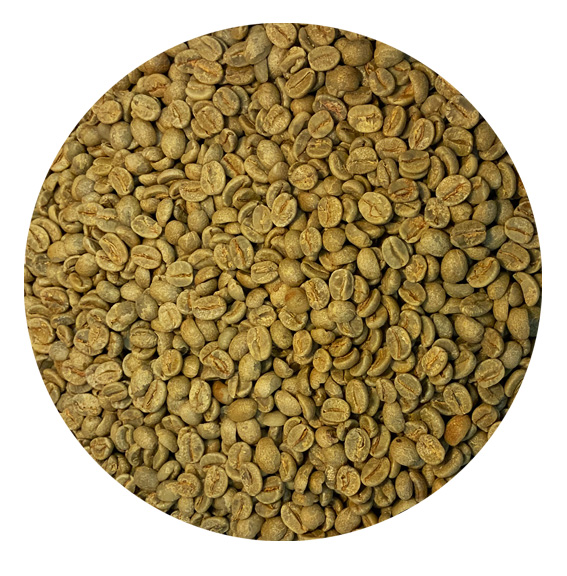
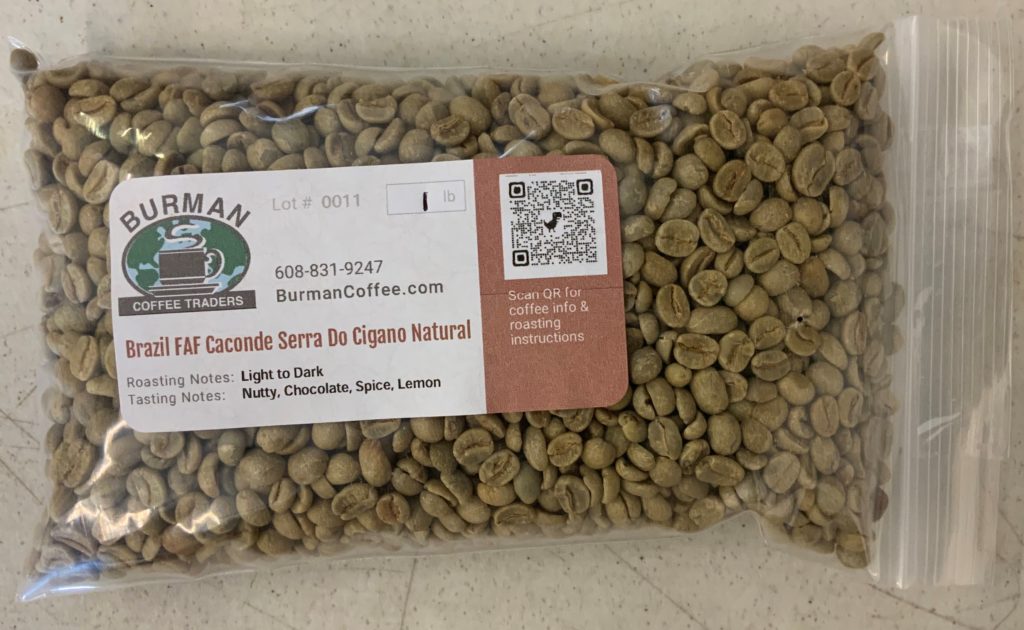
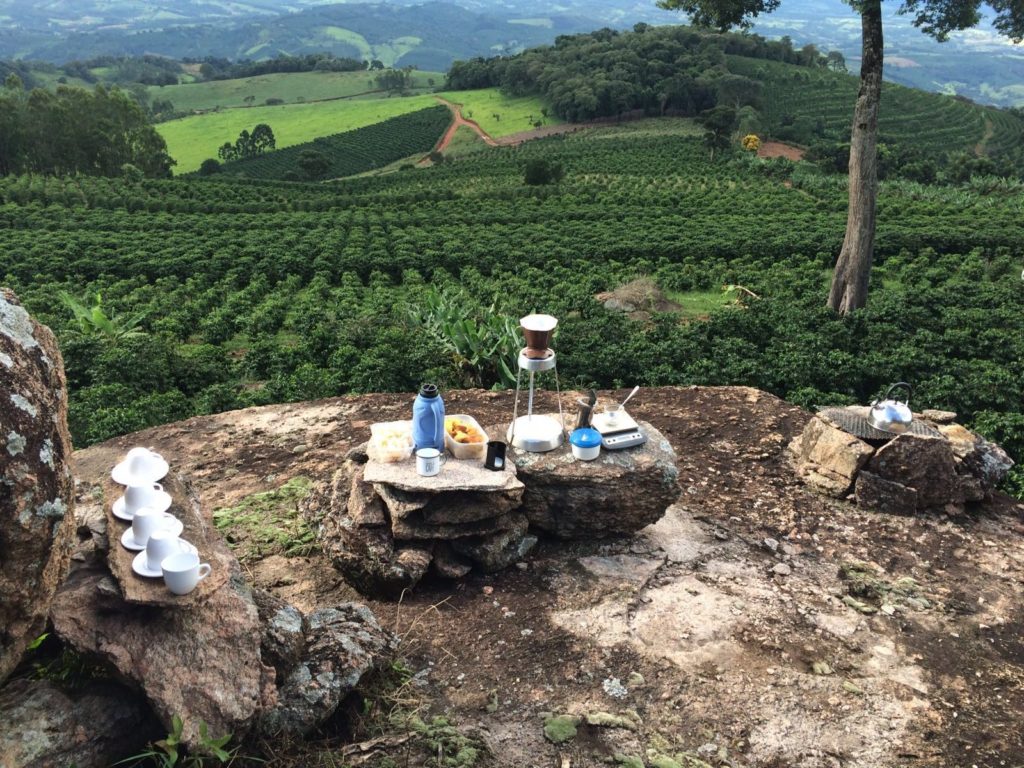
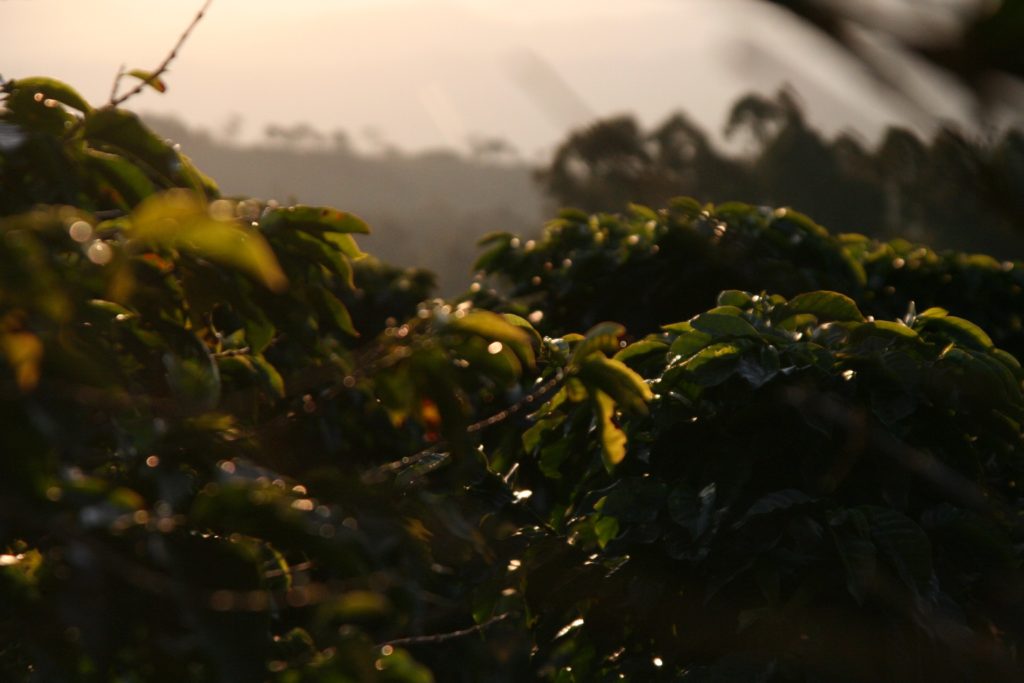
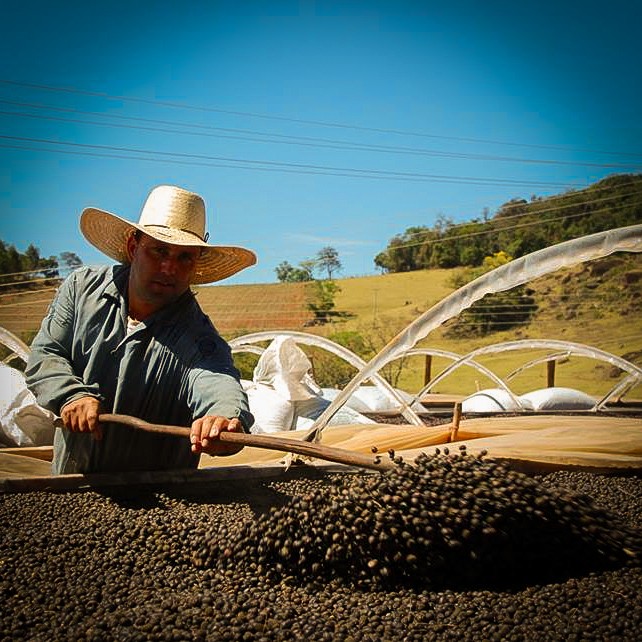
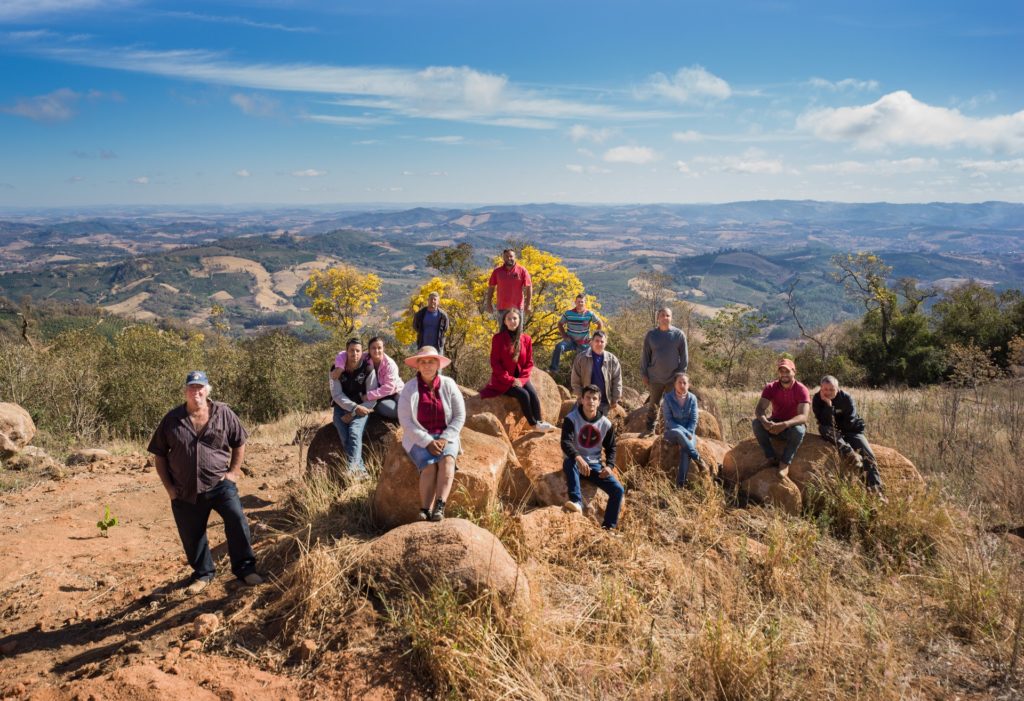
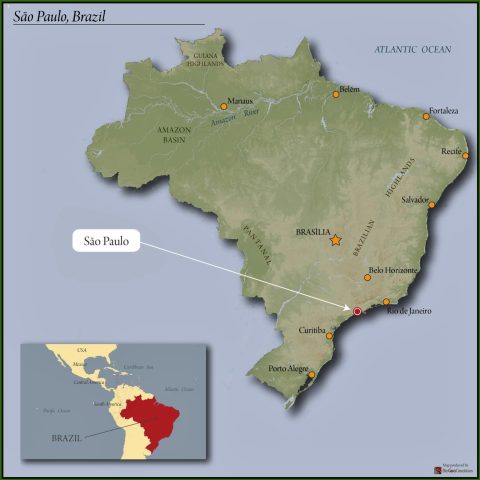
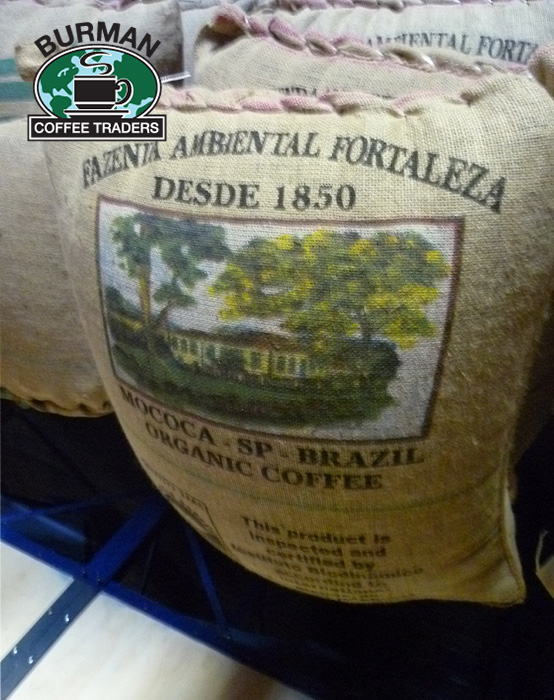
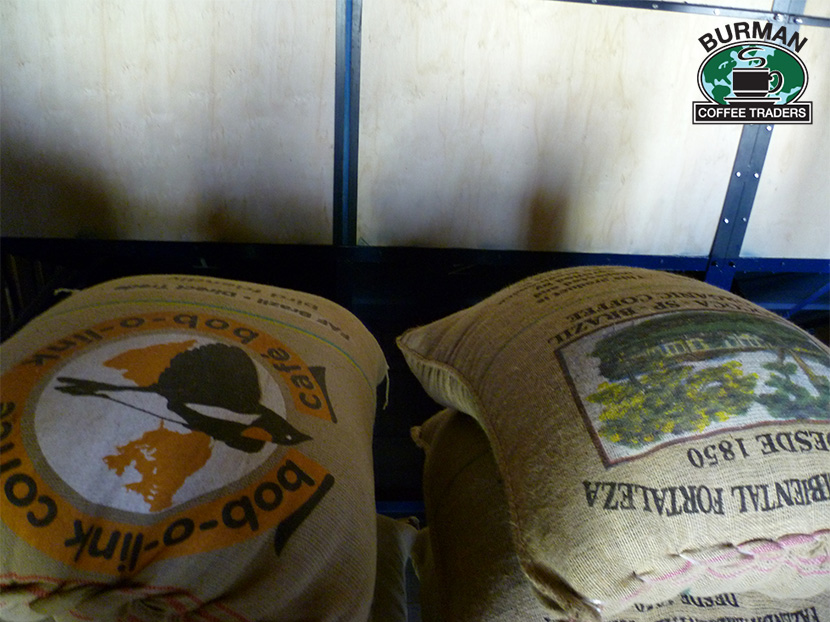
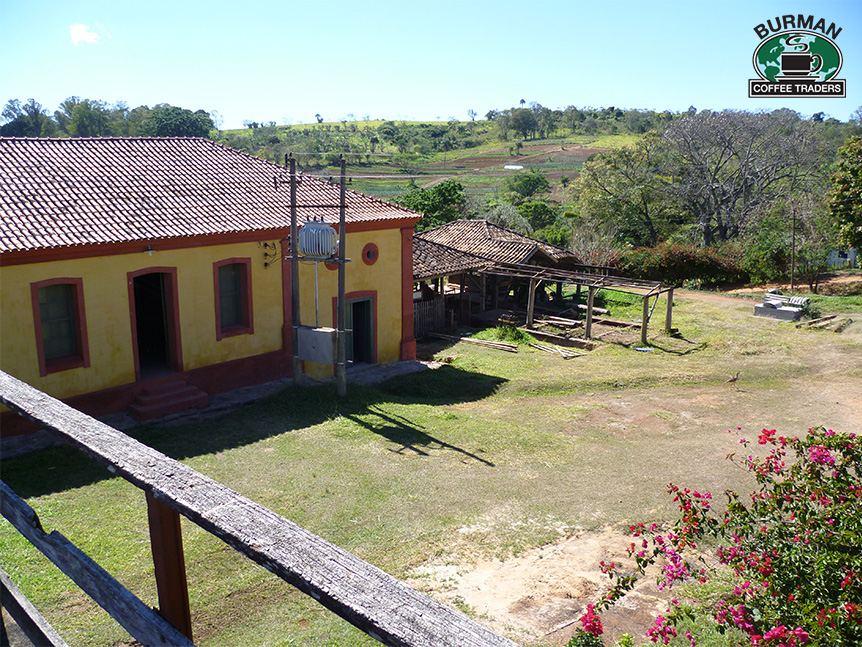
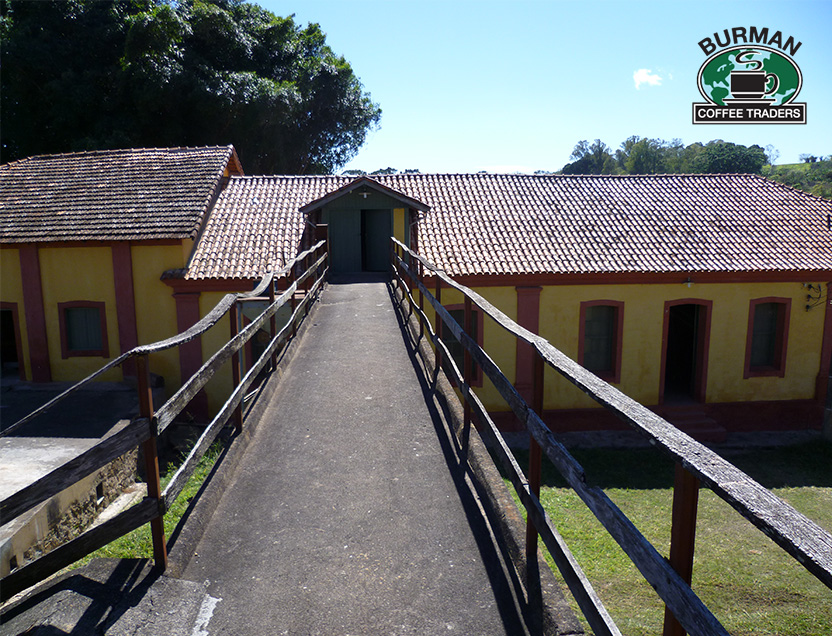
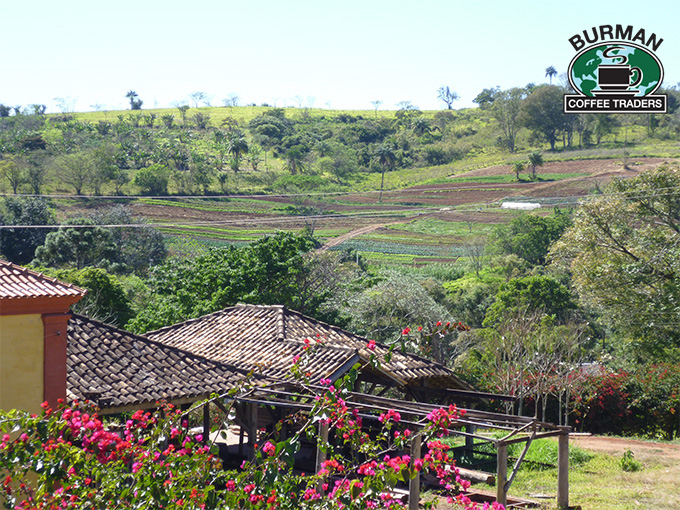
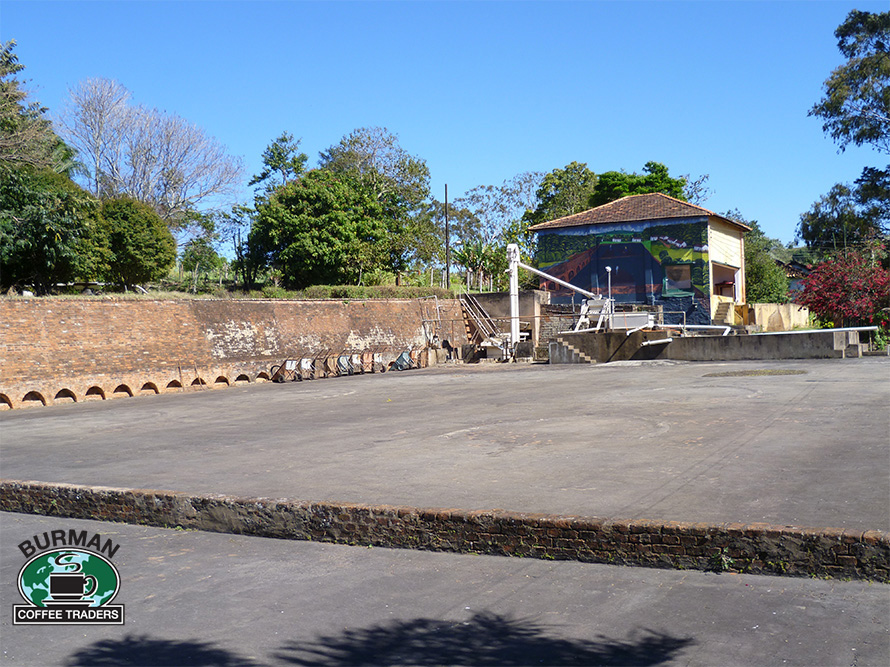
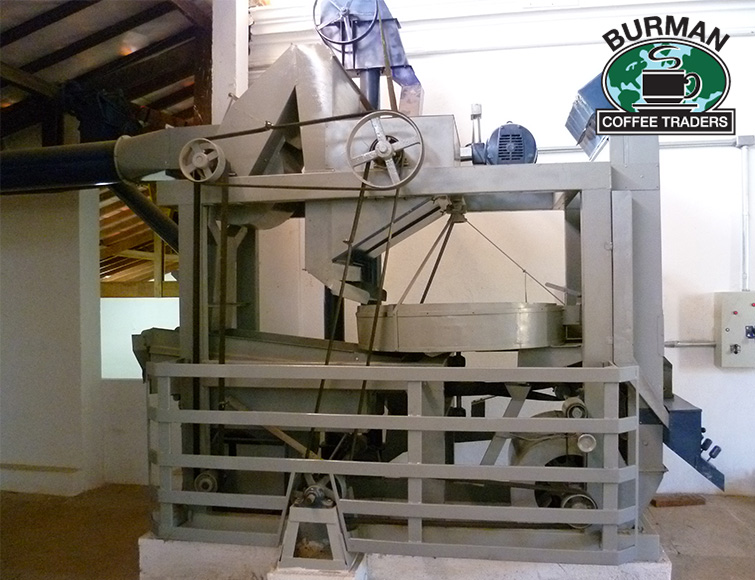
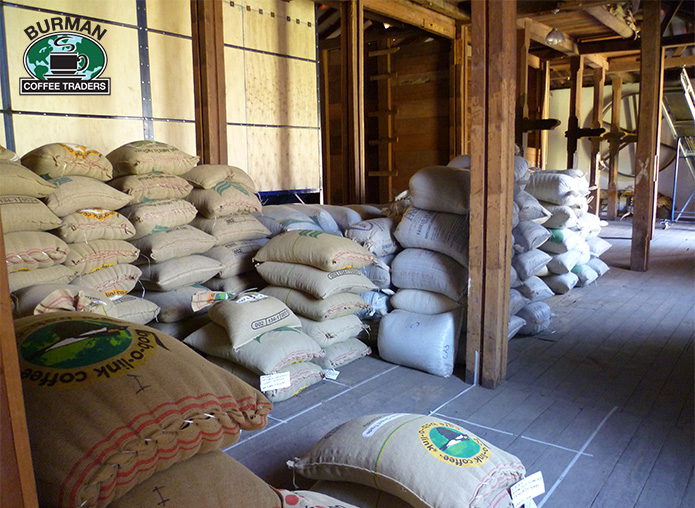
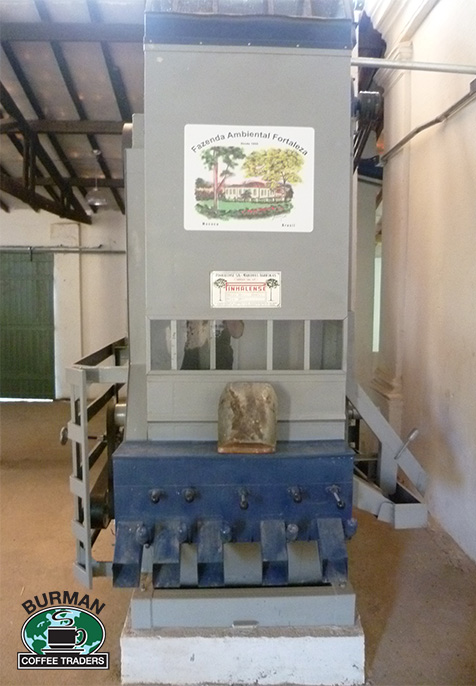
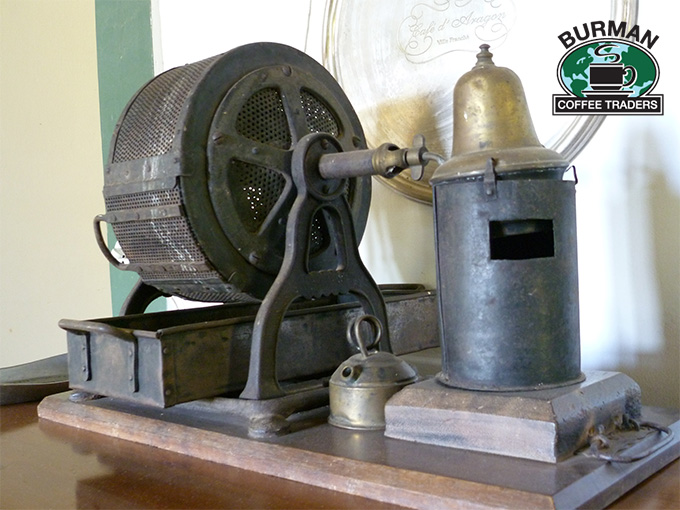
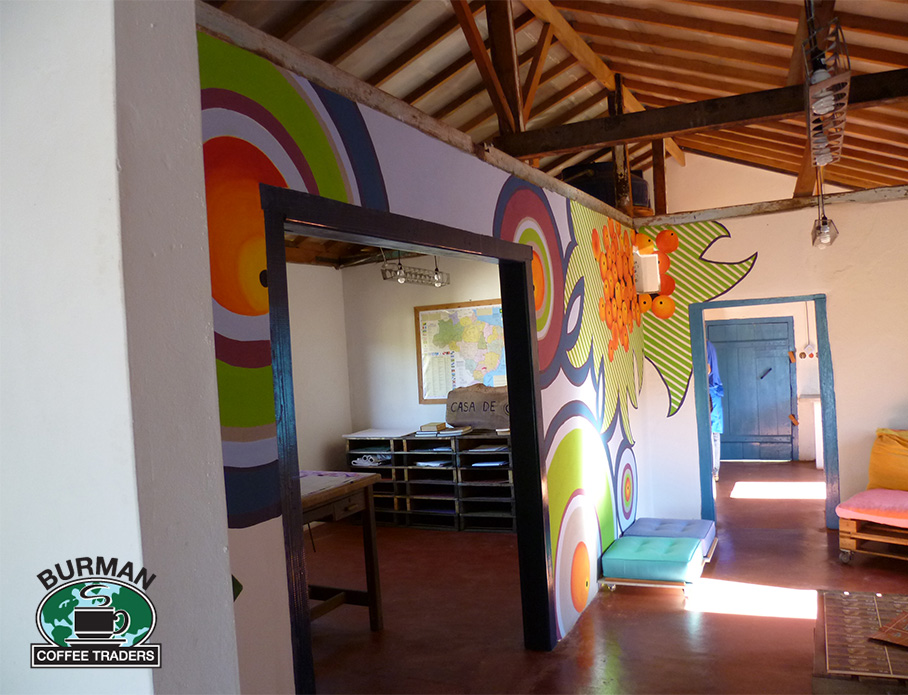
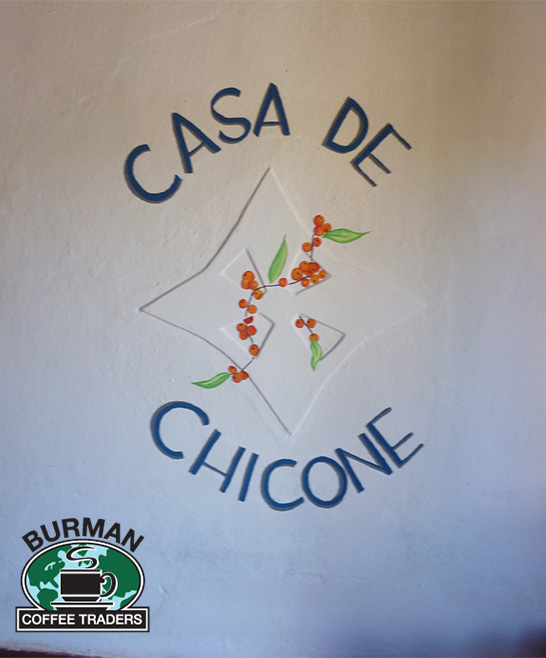
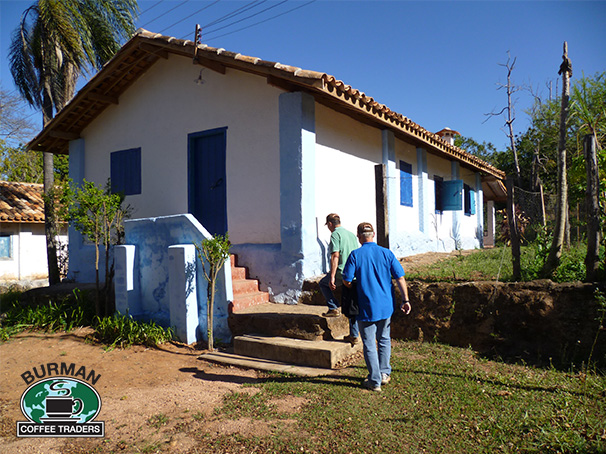
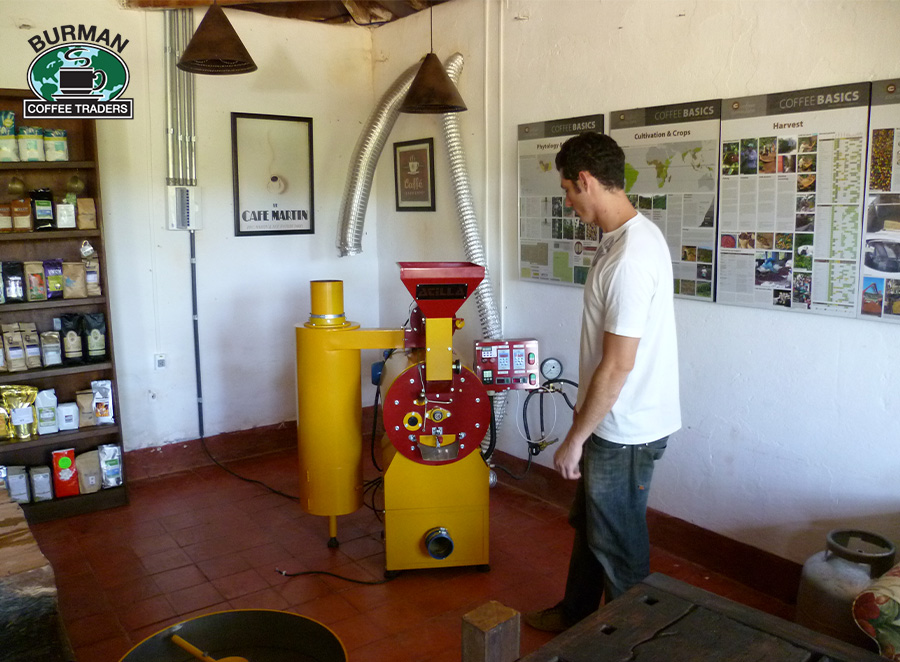
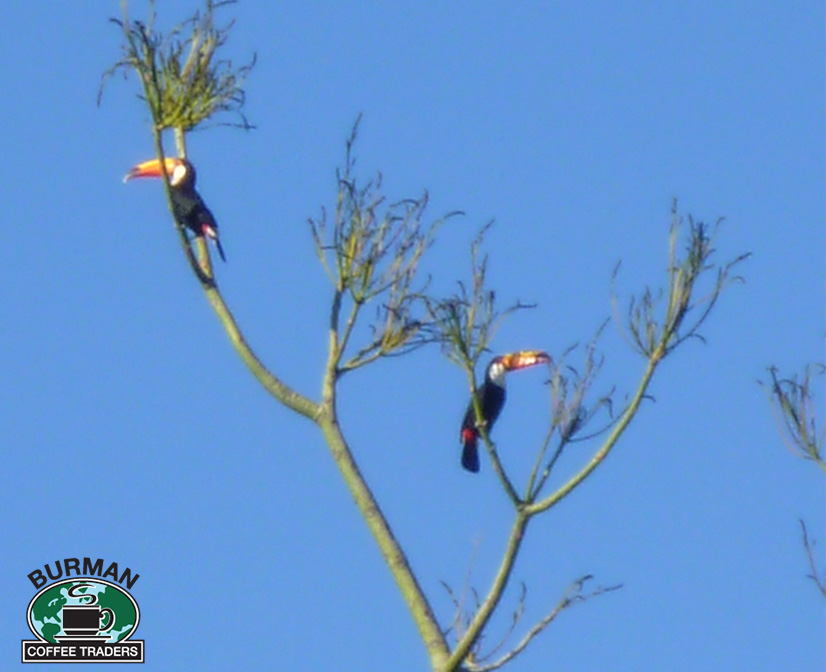
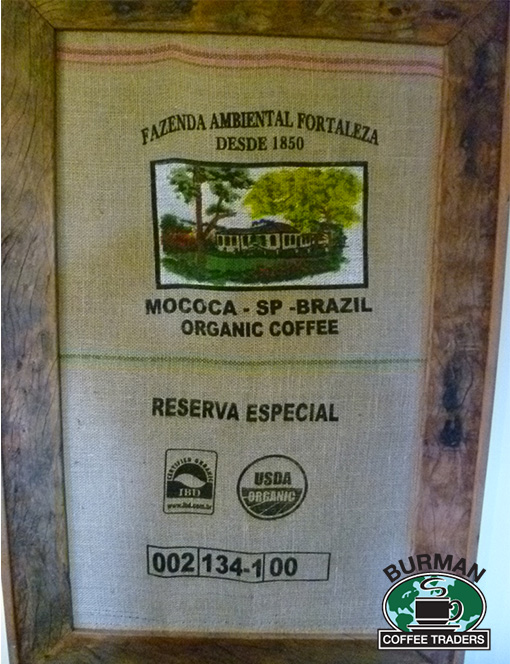
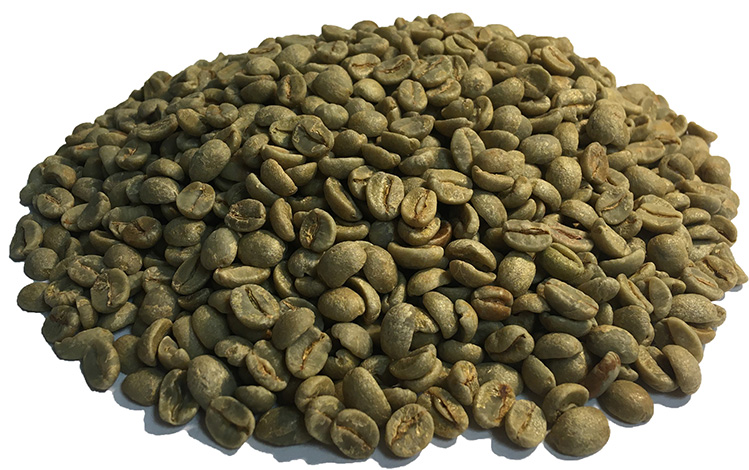
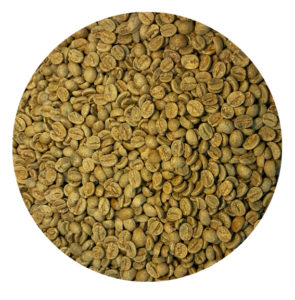
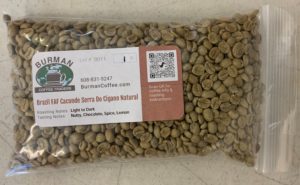
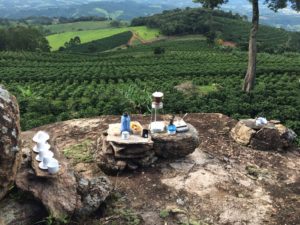
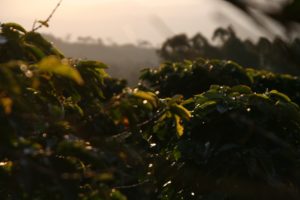
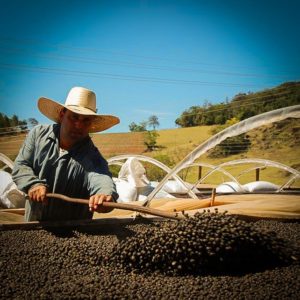
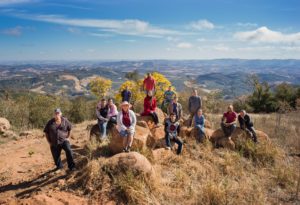
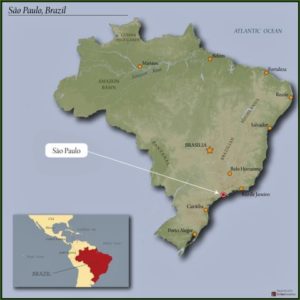
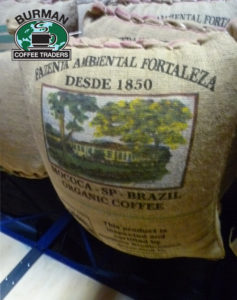
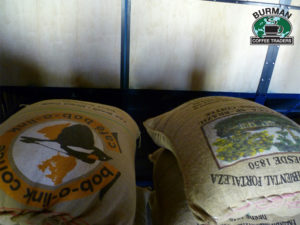
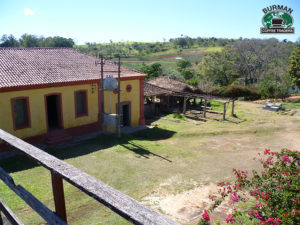
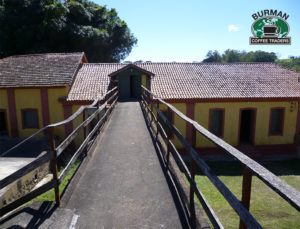
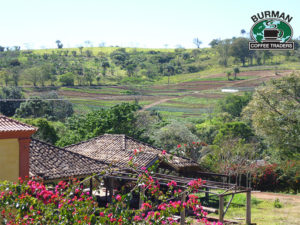
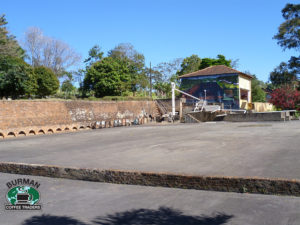
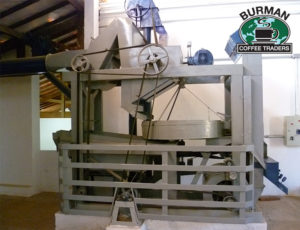
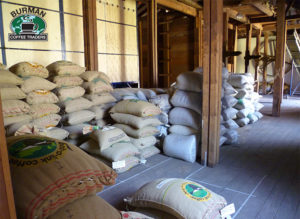
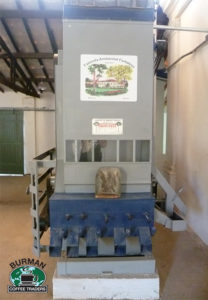
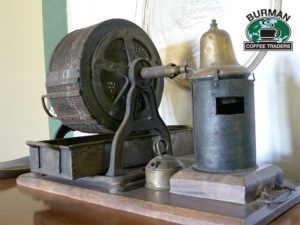
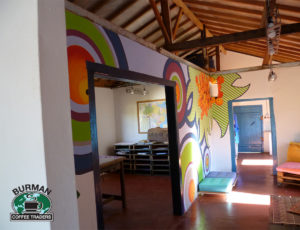
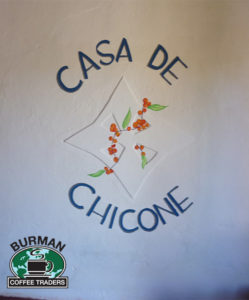
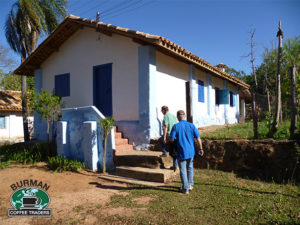
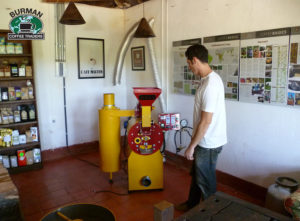
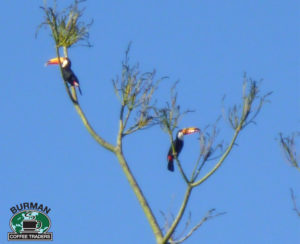
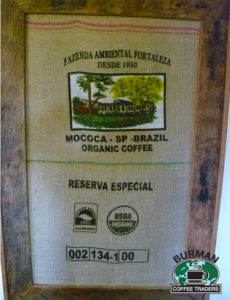
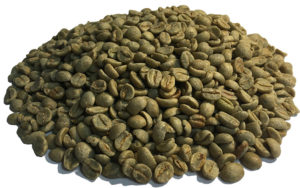
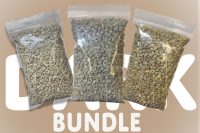
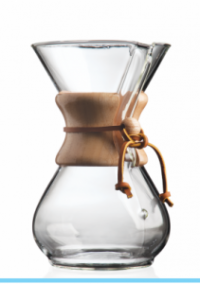
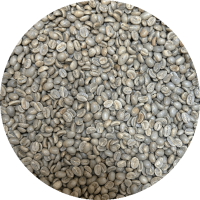
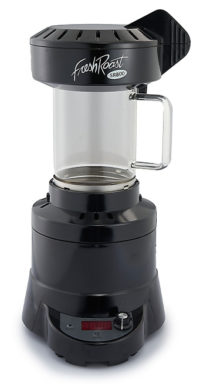

Peter –
Just roasted two batches, haven’t cupped them yet. But this coffee makes a very quiet first crack, so you have to listen especially carefully to roast.